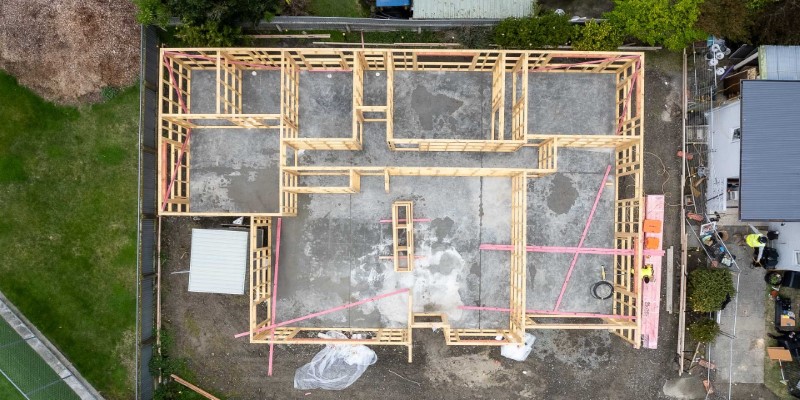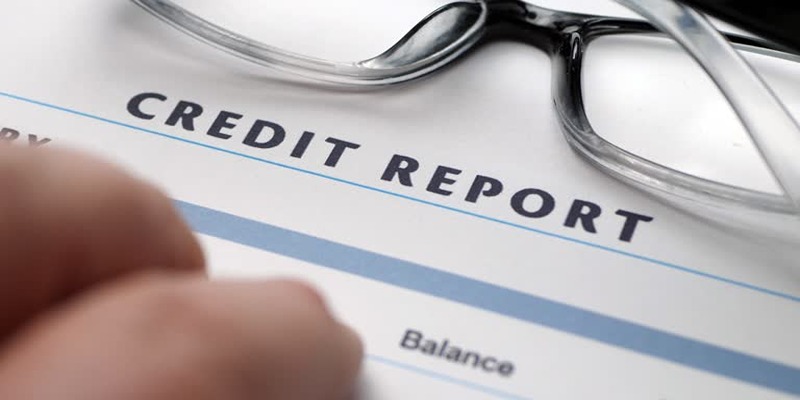Building a house isn’t just a checklist of materials and tasks. It’s a timeline filled with decisions that matter more than you’d expect. And if you’re not careful, it’s easy to feel buried before you’ve even broken ground. But with the right approach, you’ll find the whole process becomes much easier to handle—even a little exciting. So, if you're thinking about turning that blueprint into a real home, here are some key tips to guide you through the process.
Tips for Building a House
Start With Your Budget—Then Trim It
Let’s get one thing out of the way: your first budget is too generous. No matter how realistic you think you're being, unexpected costs will show up. It could be a delay that adds a few weeks, materials that rise in price overnight, or small design tweaks that suddenly cost more than you'd planned. The best way to deal with this is to overestimate costs from the beginning. And then, shave that number down with a fine-tooth comb.
Be blunt with yourself: do you really need all those extra windows? That custom tile? The oversized deck? Every small choice stacks up. Once you see where your money really wants to go, you’ll gain some breathing room—and probably sleep better, too.
Pick the Right Plot—and Understand It
The lot you choose affects more than just your address. It impacts the foundation type, the drainage, the amount of sunlight your rooms get, and even how much you’ll spend on excavation. Just because a lot looks nice from the curb doesn’t mean it’s going to be smooth sailing when it’s time to build.
Before you commit, pay attention to:
- Slope – A sloped site means grading, which means more money.
- Soil – Some soils need extra support, and that translates into higher foundation costs.

- Utilities – Not all lots come with easy access to water, power, and sewage. Make sure yours does—or prepare to pay.
- Local regulations – Zoning laws can limit what you build, how high it can be, and even the color.
Have a builder or site planner walk the lot with you. Their eyes catch what you might miss.
Hire a Builder You Can Actually Talk To
This step will either make or break the experience. You don’t just need someone with a portfolio and a license. You need someone who listens when you speak, answers your questions directly, and doesn’t dodge the small stuff.
Schedule face-to-face meetings. Ask uncomfortable questions. How do they handle delays? How do they communicate changes? Who manages the site when they’re not around?
And here’s something else to look out for: do they seem rushed during your meetings? If they’re already stretched thin, your project may not get the attention it deserves.
Think Through Every Square Foot
Designing a house on paper feels abstract until you're actually walking through the framed-out version and wondering why the pantry door opens into the fridge. The devil, as they say, is in the details.
You’re not just building a house—you’re building a daily routine. Ask yourself:
- Where do shoes go when you come in?
- Will sunlight hit your screen during your morning Zoom calls?
- Can two people cook comfortably in that kitchen?
- Do guests have enough space in the bathroom?
- Will the hallway light wake your kid when you check in at night?
Use floor plans like puzzles. Try to spot the pinch points, the dead zones, and the awkward turns before they become permanent. What looks good on paper can feel cramped or impractical in real life.
Lock In Your Design Before the Build Begins

Last-minute changes are like pulling pieces from a Jenga tower—they seem harmless at first but can cause a lot of problems later. Want to move a wall six inches? That could affect wiring, plumbing, flooring, and framing.
So, be obsessive during the design phase. Take your time with the layout, the finishes, and the fixtures. Mock things up if you need to. Tape out cabinet placements. Compare flooring samples in real light. The more you can lock in early, the smoother everything else will go.
Plan for Storage: You Won't Regret
Storage is one of those things you don’t think about until it’s missing. Closets are easy to underestimate, but once the walls go up, adding more becomes tricky.
Think about:
- Seasonal storage – Where will the holiday decorations go?
- Cleaning supplies – Do you want a broom closet or under-stair storage?
- Pantry space – More helpful than you think, even in a small kitchen.
- Outdoor gear – Bikes, tools, lawnmowers—they all need a home.
Built-ins can be a smart way to add storage without eating into your square footage. And always add a few more shelves than you think you’ll need.
Choose Durable Over Trendy
You’ll come across plenty of ideas that look great on Instagram but age poorly. Bright brass fixtures, patterned tiles, or colorful cabinetry can be tempting. But in five years, will you still like them?
Focus on materials that last and finishes that wear well. Neutral doesn’t have to mean boring—it just means you won’t get tired of looking at it. When in doubt, use trends in things that are easy to update, like lighting and paint. Save your splurges for things that won’t be ripped out anytime soon—like flooring or countertops.
Expect Delays—and Plan Around Them
No build ever goes 100% according to schedule. Weather, backordered items, or permit hold-ups can throw things off. Rather than hoping for perfect timing, build a buffer into your expectations.
If you’re renting, keep a flexible move-out date. If you’re moving from out of town, have a backup plan for where to stay. It’s better to be pleasantly surprised than suddenly stuck with nowhere to go.
Final Thoughts
There’s no perfect way to build a house—but there are plenty of smart moves that make it easier. Keep your budget grounded, your layout thoughtful, and your expectations realistic. Focus on what matters day-to-day rather than trying to impress with extras. If you plan well and stay involved, you'll not only end up with a house that looks good but one that works for how you live. And that's the real win.












